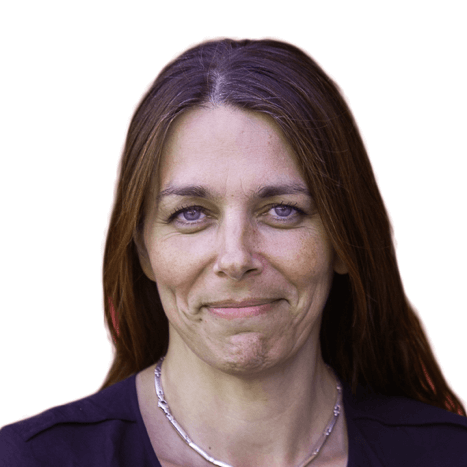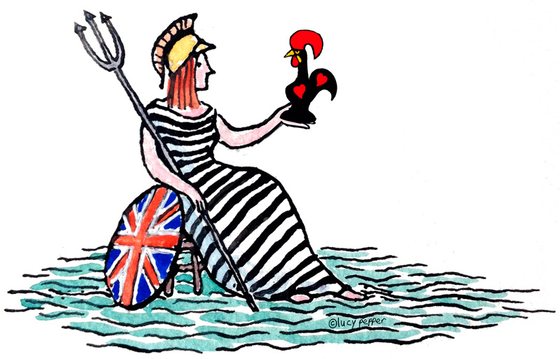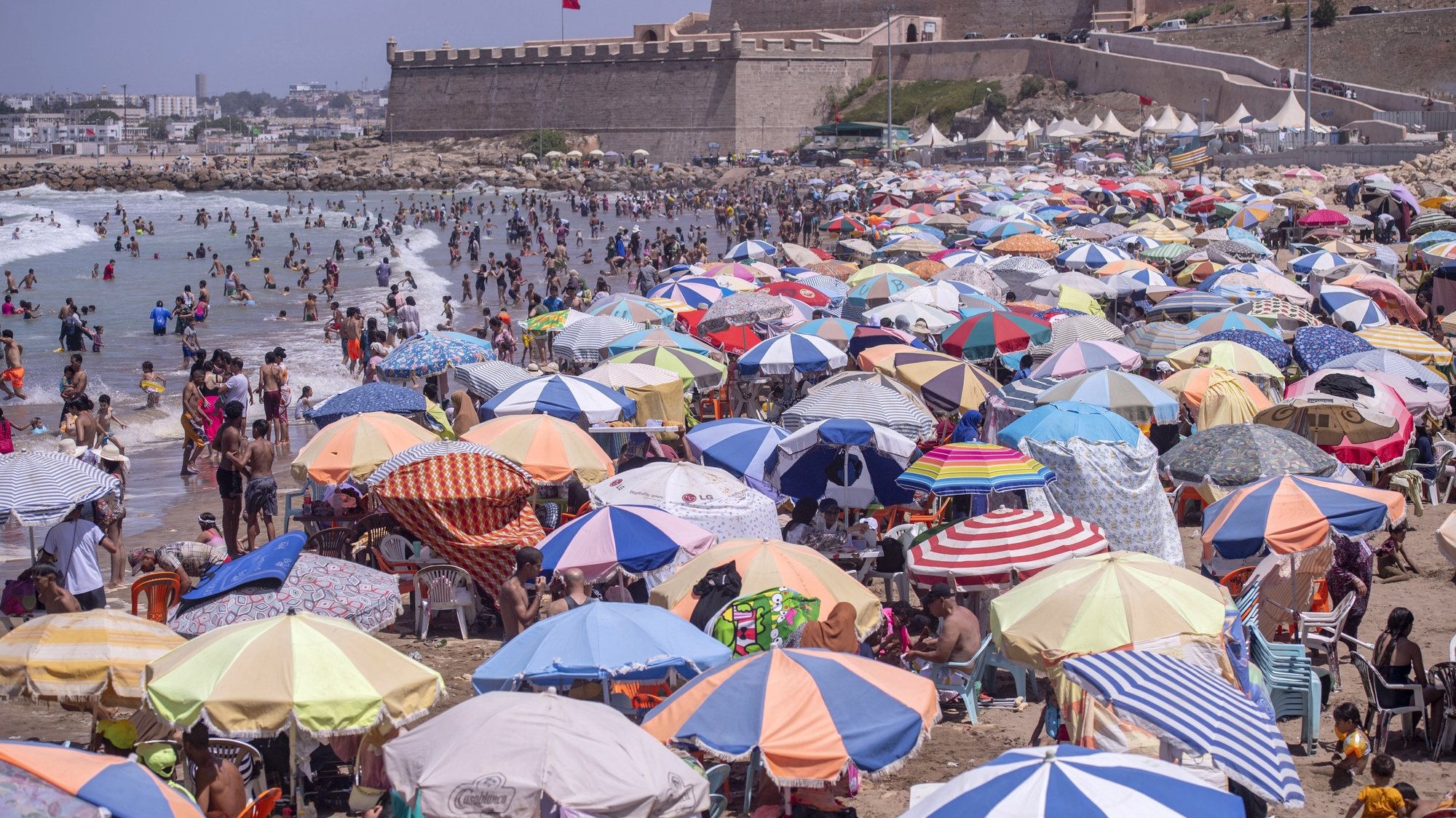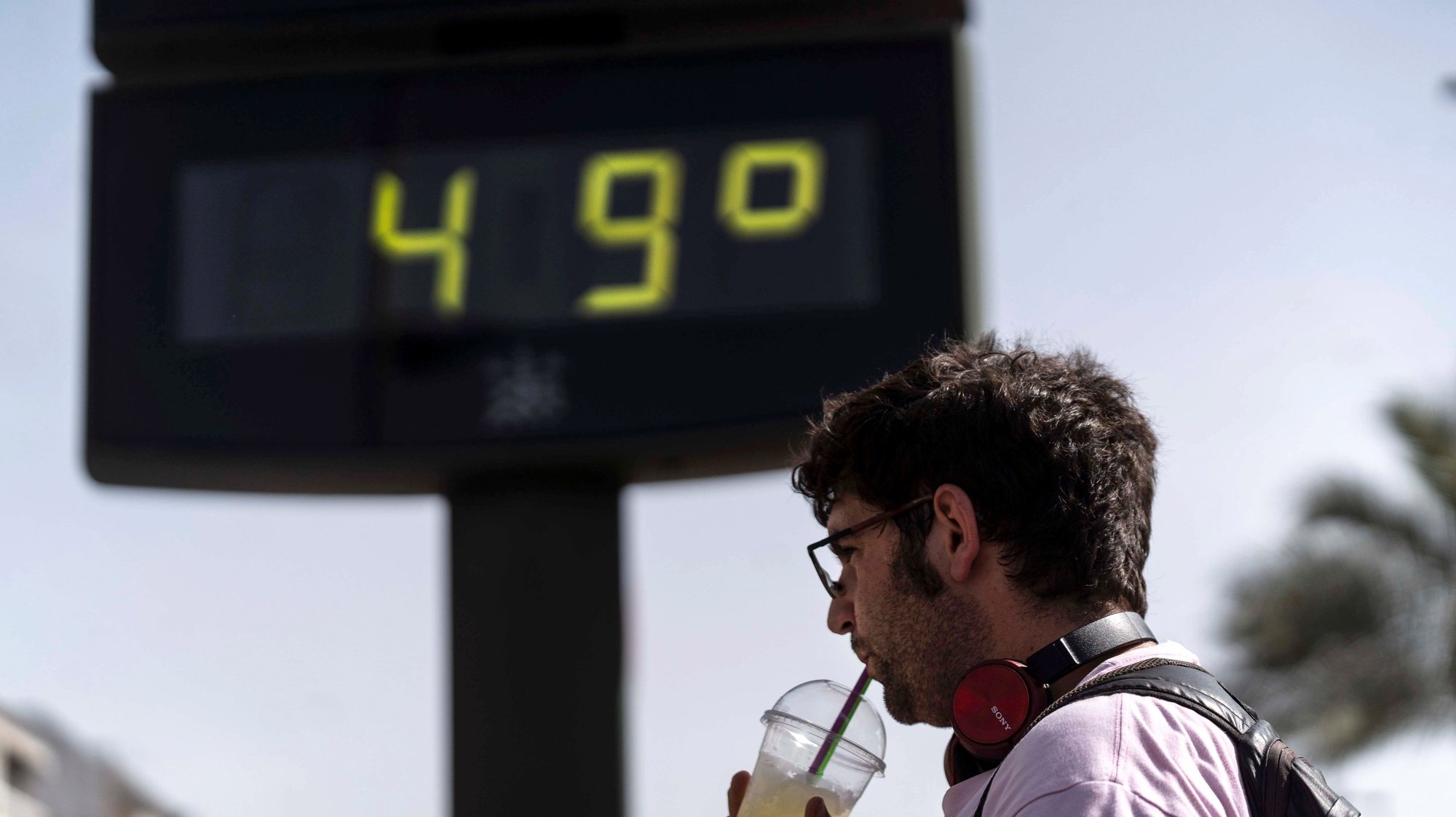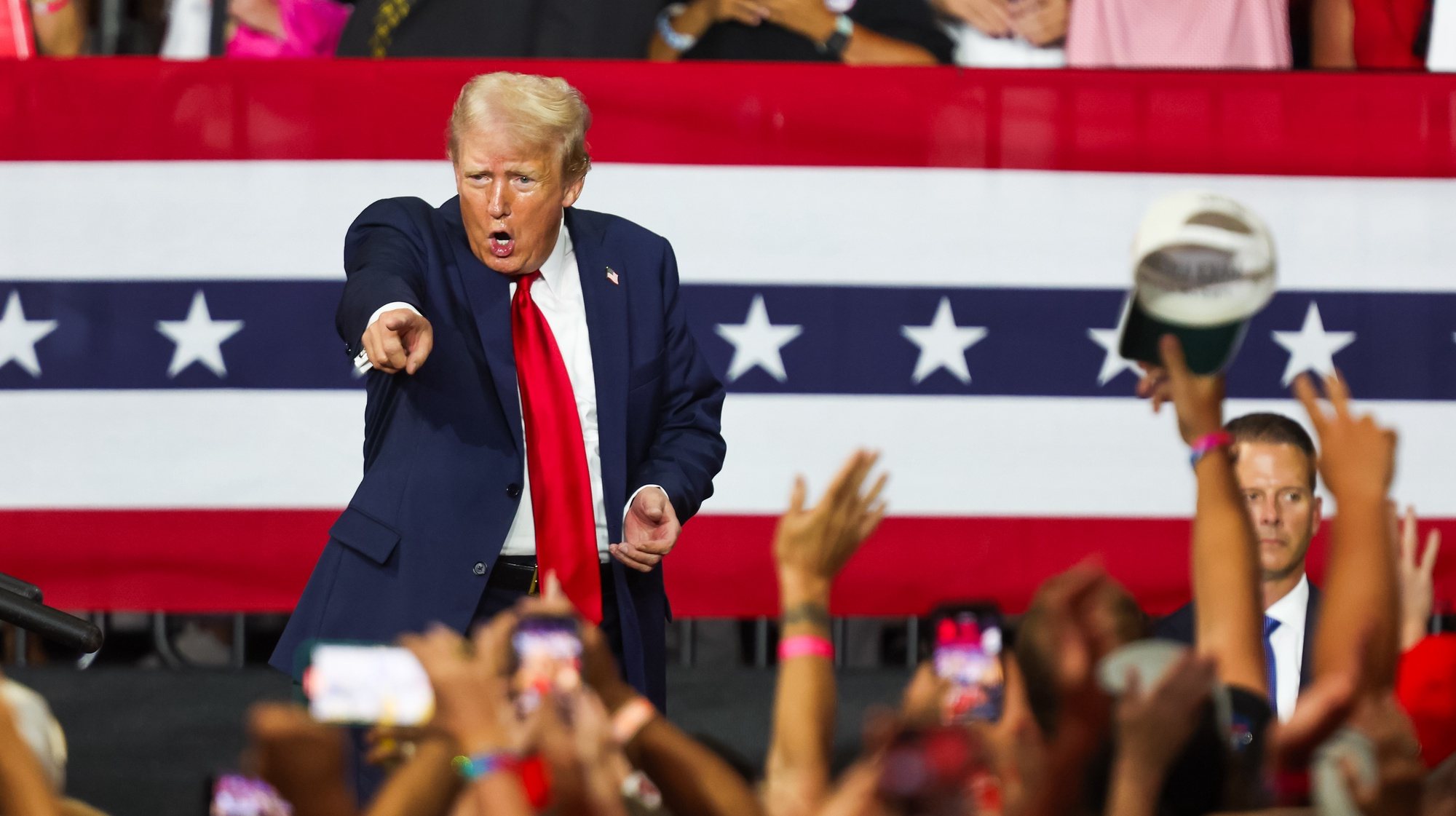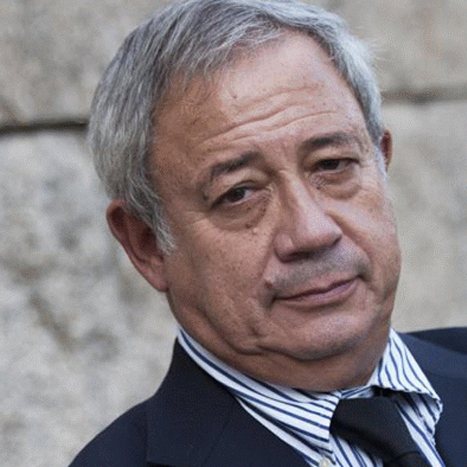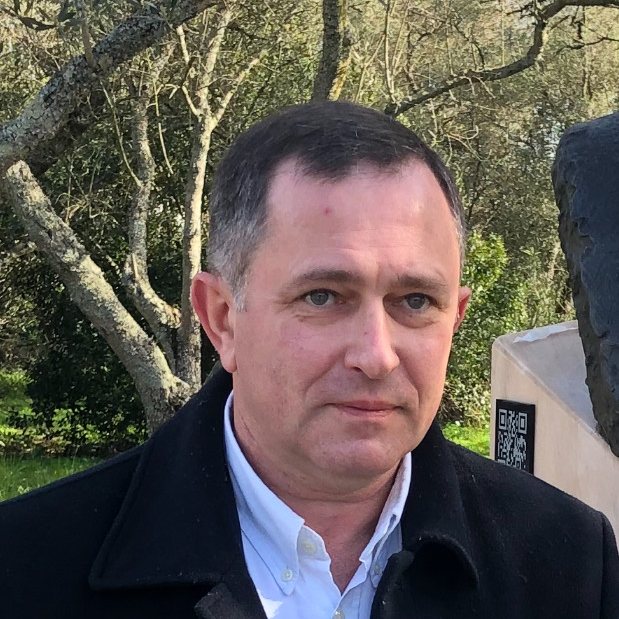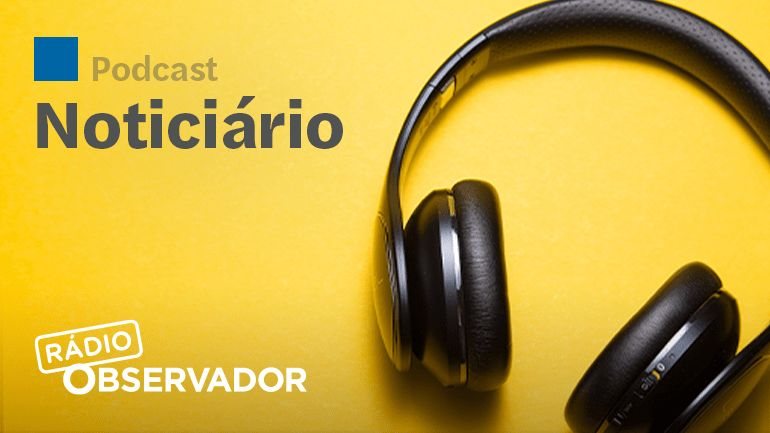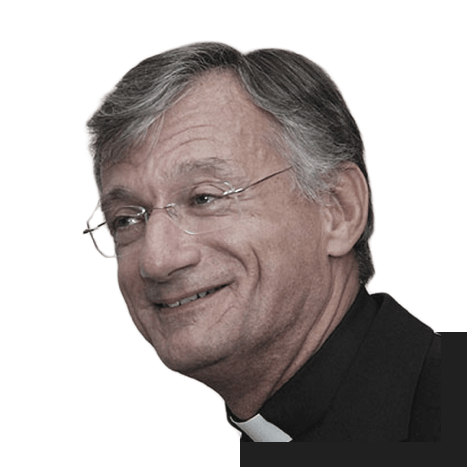“E você é…?” é uma pergunta ambígua, que oiço muitas vezes. É uma pergunta para a qual a resposta é complicada. Por vezes, a tentação de responder “sou uma ruiva falsa” ou “sou maravilhosa” é muito grande, mas sei que a resposta esperada diz respeito à minha nacionalidade.
Obviamente, não sou portuguesa. Isso é evidente pela minha aparência, pela minha roupa ou pelo meu sotaque, que, embora seja perceptivelmente estrangeiro, não é essa coisa monstruosa que é qualquer língua não-anglófona falada com sotaque inglês. Há quem ache isso charmoso, mas não podiam estar mais errados.
À pergunta “e você é…?, “sou inglesa” é de facto a minha resposta habitual. É a resposta mais fácil, mas não é a mais correta.
Não é que eu seja fabulosamente exótica, com vários passaportes. É só que é… complicado.
Nasci na Inglaterra e cresci na Inglaterra, mas só um quarto do meu sangue é inglês. Cinco oitavos são escoceses e o resto, lituano. As minhas características físicas são celtas. A maneira como falo inglês é agora mais “received pronunciation” (o sotaque inventado para distinguir as “pessoas bem” no século vinte) do que nunca, por falta de contacto frequente com outros sotaques anglófonos. Mas enquanto estive entre falantes de inglês, tive sempre uma tendência para mudar muito de sotaque, adaptando-o às pessoas com quem vivia. O meu passaporte é emitido pelo Reino Unido de Grã-Bretanha e Irlanda de Norte. Sou britânica.
Mas em Portugal, “inglês” é a palavra usada para designar uma pessoa como eu. Se uma pessoa é britânica, é da Inglaterra. Pode ser 100% escocês, ter um sotaque incompreensível de Glasgow e ser capaz comprovar que tem “Irn Bru” ou Single Malt a correr nas suas veias, mas é “inglês”. Se é natural do País de Gales, é “inglês”. Se vem da Irlanda de Norte, é “inglês”.
Se eu disser que “sou britânica” talvez pareça muito formal. Mas posso garantir que não sou nada formal, da mesma maneira que não sou galesa.
Sempre me identifiquei como britânica. Não é uma posição política. É apenas o que me sinto ser. Não sou inglesa, nem sou escocesa.
O que é “Britain”? “Britain” não é apenas um sítio, definido por uma fronteira. É várias coisas. Geopoliticamente, o estado é o Reino Unido da Grã-Bretanha e Irlanda do Norte (um dia, tratarei do caso da Escócia). Geograficamente, faz parte de um arquipélago, as Ilhas Britânicas, em que constam a ilha da Grã-Bretanha (Inglaterra, Escócia e País de Gales), a ilha da Irlanda, mais os milhares de pequenas ilhas que rodeiam as duas ilhas maiores, com a flora e a fauna respectivas. Na cultura, é um leque de imagens e de ideias.
Cresci nos anos 70, no campo, no sudoeste da Grã-Bretanha. A minha escola primária ainda permanecia nos anos 50, e as minhas imagens e ideias de “Britain” foram lá formadas. São imagens e ideias feitas de cores, de crenças, de livros, de fotografias históricas. Ao ouvir a palavra “Britain”, vejo um filme a passar rapidamente em frente dos meus olhos, dos guardas do Palácio de Buckingham com os seus capacetes de pele de urso e a Rainha Isabel a partir uma garrafa de champanhe num navio prestes a ser lançado ao mar. Vejo as artes britânicas dos anos 50 com o seu toque turvo e pesado, e o director da minha escola, um senhor tipicamente britânico, bondoso e “tweedy”, que gostaria muito de encontrar outra vez, para ver os filmes “super8” das suas férias na Europa exótica, ao som do zunido do projector. Vejo os filmes britânicos da guerra, e os dramas realistas (a que chamamos “kitchen sink”) dos anos 60, e “Gregory’s Girl” e “Local Hero” (famosos filmes escoceses). Vejo o castelo de Edimburgo e a cicatriz no meu joelho, trinta anos depois de cair no “Arthur’s Seat” (uma grande colina de Edimburgo). Vejo “1066 and All That”, o livro ilustrado de história mais importante de sempre (no género satírico, claro), e “Winnie the Pooh” (o original, e não a aberração produzida pela Disney). Vejo Devon, no sul, e as Highlands, no norte. Vejo “tweed” e “tartan”. Há dezenas de outras imagens a passar, até acabarem nos anos 90 e aquela fase horrenda, repelente, da superbanda “Cool Britannia” do Tony Blair e Blur, Oasis e Spice Girls.
Sinto-me estranha cada vez que digo que sou “inglesa”, mas, não, não posso explicar tudo que escrevi aqui a todas as pessoas que me perguntam “e você é…?”. Ficarei pelo “sou inglesa” (ou “bifa”?) e, um dia, talvez me habitue.
(tradução da autora, a partir do original inglês)
What are you?
“E você é….?” (“And you are….?”) is an ambiguous question I am often asked. It is a difficult question to answer. I’m sometimes tempted to answer “I’m a fake redhead” or “I’m marvellous” but I know that the enquirer wants to know my nationality. It is not often that someone instantly recognises my nationality. I’m obviously not Portuguese, of course. This is evident from my looks, my dress and my accent, which, though discernibly foreign, is not that horrific monstrosity that is any non-English language spoken with an English accent. There are some in the world who think that charming. They could not be more wrong.
To the question “you are…?”, “I’m English” is my usual answer. It’s the easiest answer, but it is not correct.
It’s not that I am a wildly exotic creature with several passports. It’s just… complicated.
I was born in England, and I grew up in England, but only one quarter of my blood is English. Five-eighths of it is Scottish and the bit left over is Lithuanian. I have Celtic physical features. My English accent, though now more default RP than ever after all these years away from my homeland, was always rather dependent on whom I was speaking with. My passport is issued by the United Kingdom of Great Britain and Northern Ireland. I am British.
In Portugal, though, English is the term used more often than not. If you are British, you are from England. You might be 100% Scottish, have a broad Glaswegian accent and can prove that your family has either Irn Bru or Single Malt running through its veins, but you are English. If you are Welsh, you are English. If you are from Northern Ireland, you are English.
To say “I am British” is to be rather formal. I really am not a formal person, in the same way that I’m not Welsh.
For as long as I can remember, I have identified myself as British. This isn’t a political stance. It’s what I have always felt myself to be. I’m not English. Nor am I Scottish.
What is Britain? Britain isn’t one place, one set of boundaries. It’s a whole set of things. Geopolitically speaking, the nation state is The United Kingdom of Great Britain and Northern Ireland (later, I’ll return to the subject of Scotland). Geographically, it’s part of an archipelago, The British Isles, which consist of the island, Great Britain, that is England, Scotland and Wales, plus the whole of Ireland, and the thousands of islands all around the two larger ones, filled with their own flora and fauna. Culturally, it’s a set of images and ideas.
I grew up in the nineteen seventies, in the countryside in the southwest. My primary school was still somewhere in the nineteen fifties, and my images and ideas of Britain were formed there. They are a set of colours, of ideals, of books, of snapshots of history. When I hear the word Britain, I see a film flash past my eyes of guardsmen in bearskins and the Queen in black and white sending off a ship with a bottle of champagne. I see British nineteen-fifties arts with its claggy, grainy, chunky feel and my archetypally British primary school headmaster, the kindest, tweediest man I wish I could go back and meet again, to see his super8 movies of his holidays in Europe in the sixties, all set to the whirr of the projector. I see British war films, and gritty kitchen sink nineteen-sixties dramas and Gregory’s Girl and Local Hero. I see Edinburgh Castle and the scar on my knee that I still have thirty years after falling down Arthur’s Seat. I see “1066 and All That”, the greatest historical tract ever written and drawn and “Winnie the Pooh” (the proper Pooh, E.H. Shepard Pooh, not that Disney anathema). I see Devon, I see the Highlands. I see tweed and I see tartan. Dozens of other images flash past all the way up to the nineteen nineties and that cringily irritating band of Tony Blair accompanied by Blur, Oasis, The Spice Girls, that was “Cool Britannia”.
It just feels odd every time I call myself English, but I can’t explain all this to everyone I meet, all those who are likely to ask me “you are….?”. I suppose I will just always stick to “I’m English”. Or “sou bifa”.
(to non-luso-residents… the British are known as “bifes” in Portugal, just as we are known as “les rosbifs” to the frogs, I mean the French, FRENCH).




